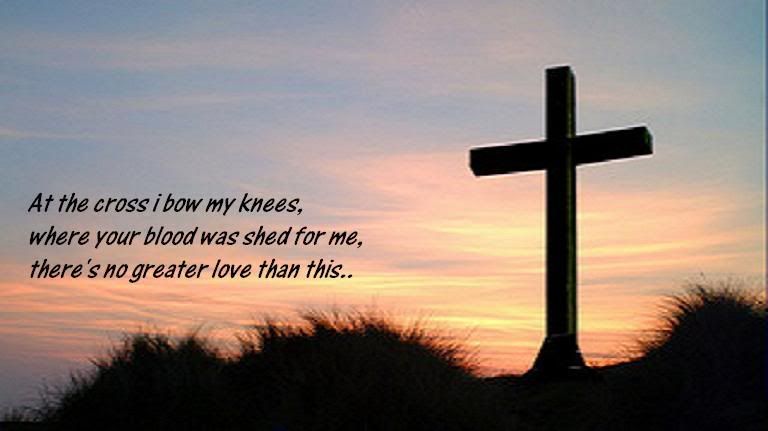Friday, August 1, 2008
Hello everyone, I am updating again although I don't think that there are lots of people interested in what I am going to blog about. I got a bit confused over the evaluating of usefulness thing for the history test so I went to investigate. (hardworking me) Anyway, I found this information that is quite useful to me.
Comparing sources Top Tips When you are asked to compare to sources and decide on their reliability and/or usefulness make sure you analyse both
For each source analyse its strengths and weaknesses - what makes it reliable/useful, what detracts from its reliability/utility Come to a conclusion!
Don't say they are both of the same reliability or usefulness, choose one and state your case clearly
Looking at Bias
Don't fall into the trap of calling a source biased just because it is written by someone on a particular side of a dispute. Make sure you have grounds for describing a source as biased!
The essential skill is to explain how and why a source is biased and to explain why it matters that a source is biased namely that it affects its reliability and perhaps usefulness
When thinking about usefulness
The key trigger here is an understanding of what your line of enquiry is.
For instance a biased source might be extremely useful if you are investigating the opinions of a particular group at a particular time, but less useful if you were asked to investigate "the facts" of an event
When sources disagree
It is an examiner favourite to ask why two or more sources don't agree.
Don't just describe the sources back to the examiner - this is how they disagree not why.
Also take care to remain focussed - you have not been asked about reliability or usefulness here!
Use all the sources and your own knowledge
This type of question often requires you to study a relatively high number of sources and to agree or disagree on a particular statement. These are frequently questions worth many marks!
List your knowledge which supports the statement
List your knowledge which does not support the statement
Look to the sources and add evidence from the sources to both your lists
You will know be in a position to write a balanced answer
Try not to sit on the fence - come to a conclusion!!
At least that convinced me that I THINK I used the correct method. I used contextual knowledge, plus cross-referencing. It just sort of puzzled me still, though. If I used the method which I think is correct, my conclusion will forever be agreed to a small extent. Still VERY confused!
It sounds logical too. The question they asked about usefulness is so broad and the source is like just a few lines. Ok, getting confused here again.
Next week is gonna be a very very busy week as I have a list of stuff not done.
Monday----
-The timetable is switched ( four periods of science and I am now stuck at the science worksheet )
-CIP at tan tock seng on Monday ( must practice scores and will be back very late! )
Tuesday----
-Lessons will end at 10.45pm on tuesday ( after that dunno got what activity, go back home must prepare for geog test and I mean MEMORISE and do TIME PRACTICE on my own)
Wednesday----
-I have to stay back for choir practice although I dun feel like it and I am really considering to
pon it. ( We are only learning daemon what, I can go home and learn and I WILL LEARN IT! Must revise for geog test what. That practice also not official )Thursday-----
-Geog test ( die le! How to finish on time???? )
Friday-----
-National day celebration, cross country running, later choir barbecue
And not to mention!
the science quiz on waves to chiong next week, plus the geog test.
the chem project coming up
plus my piano and violin exam coming up
and the deadline of memorising choir scores!
I am going mad! So stressed! ARGH!!!!!!
Oh, just to add, I
FLUNK all my common tests so far. *** ***'s maths so pro! Dun deny it ok? Everybody are strong in one thing or another and I am left with none.
Trusting in God to help me finish all these ****
Joanna (:
came at1:00 AM

